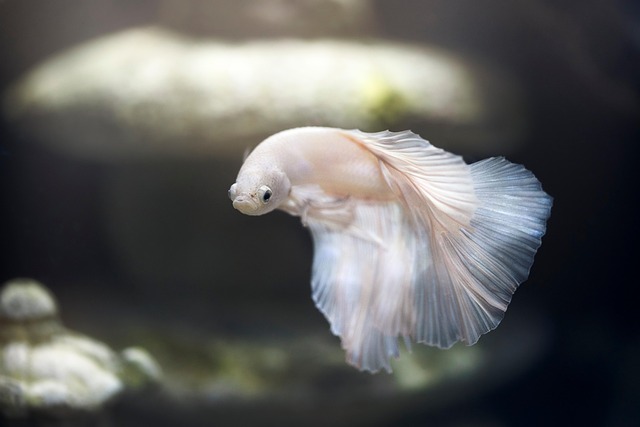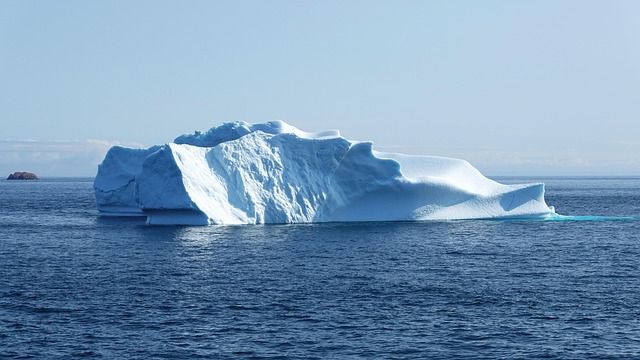As we navigate through the tumultuous waters of climate change, there lies an often-overlooked phenomenon that sends ripples of concern across our ecosystems: the fish kill. This alarming occurrence, where large numbers of fish die in a localized area, serves as a stark indicator of our changing environment. More than just a tragic spectacle, fish kills tell a resonant story of our planet’s health and well-being.
Climate change is at the heart of this environmental crisis. As temperatures rise and weather patterns become increasingly erratic, aquatic habitats are transformed in drastic ways. Elevated water temperatures can lead to anoxic conditions—essentially depriving fish of the oxygen they need to survive. This situation is further exacerbated by nutrient runoff from agricultural lands, which leads to harmful algal blooms, disrupting the delicate balance of aquatic ecosystems. These blooms, densely packed with algae, can suffocate fish and other marine life, culminating in widespread fish kill events.
Not only do fish kills disrupt local fisheries—a vital food source for many communities—they also indicate broader ecological imbalances. The absence of fish can lead to overpopulation of other species, ultimately skewing the entire ecosystem. The ripples of these impacts extend to the human population, particularly those who rely on fishing for their livelihood. When fish kill incidents occur, they leave a trail of economic hardship in their wake, reminding us that the environment’s health is intrinsically linked to our own survival.
Understanding the connection between fish kills and climate change is crucial for devising effective responses to mitigate these events. As advocates for the environment, we must push for sustainable agricultural practices, stricter pollution controls, and rehabilitation of degraded waterways. Every action counts, and raising awareness about the silent yet devastating impacts of fish kills can galvanize communities toward restoration and healing.
The narrative of fish kills reinforces that we are all interconnected—our choices and behaviors can deeply influence the ecosystems we inhabit. The urgency of this environmental plight urges us to reflect on our responsibilities as stewards of the planet. As we witness the complexities of climate change unfold, let us strive to harmonize our existence with nature rather than contribute to its downfall.
In the fight against climate change, the silent suffering of fish in our oceans, lakes, and rivers carries a profound message: the health of our aquatic ecosystems mirrors our own. If we turn a blind eye to the signs, such as fish kills, we risk unraveling not just the intricate web of life that sustains ecosystems but also the very fabric of our social and economic structures.




